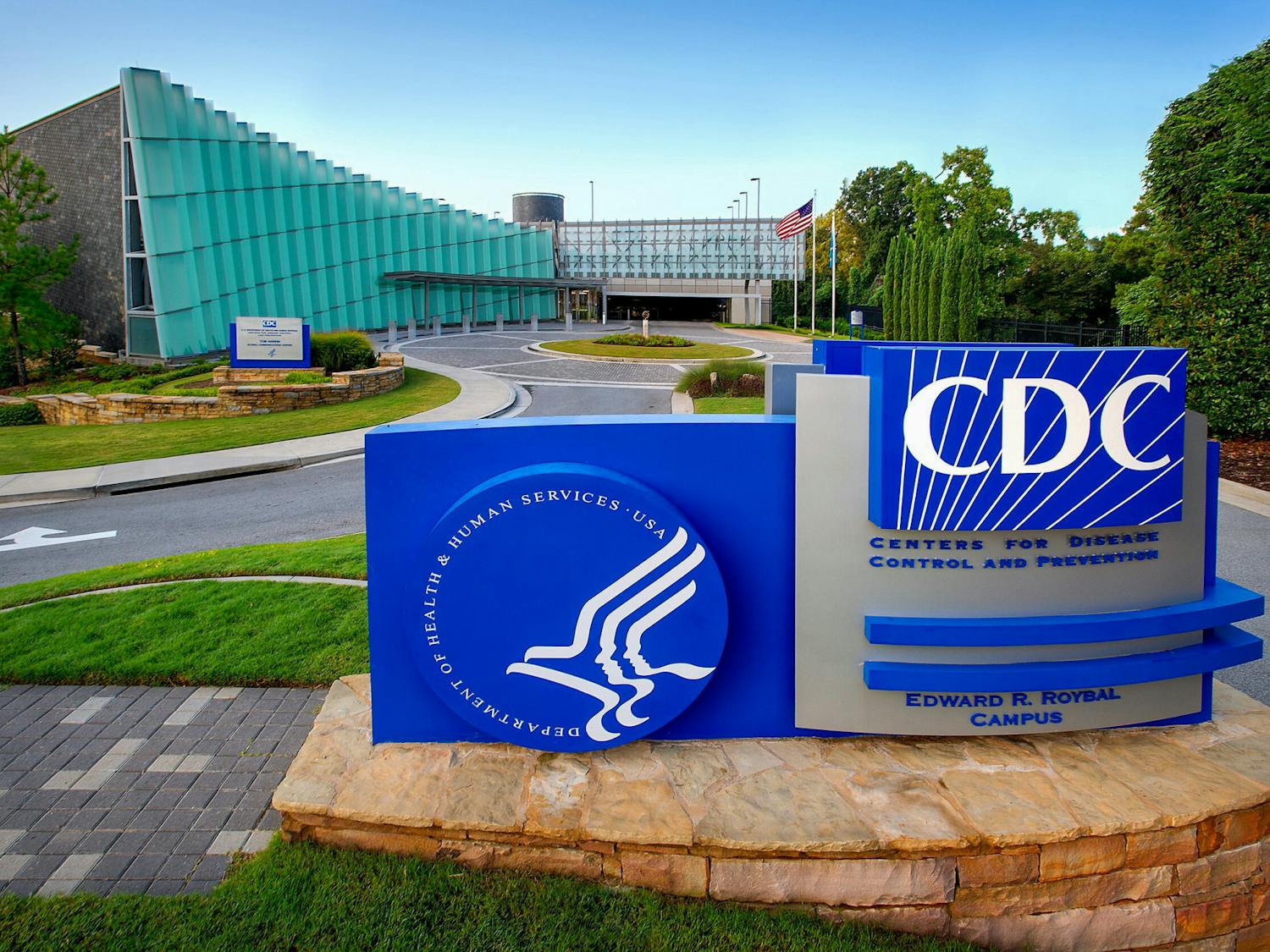“He’s dead now,” Sergeant David Adler said. He was explaining one of the most publicized events of his time as a Penn Police officer. Adler was one of four cops who responded to a carjacking incident on Locust Walk last year, which ended when Adler and the three others shot and killed one of the criminals.
That’s the kind of drama — bulletproof vests, sirens, speeding through red lights, the adrenaline of not knowing what will happen in the next few hours — that we wanted to experience on our ride-along with the Penn Police Friday night.
And that’s the kind we got when we heard a call come through about a shooting near campus.
The radio was abuzz with activity as many units, including the Penn Police and Philadelphia Police, reacted to the incident. We were quickly informed to be on the lookout for the suspect, a black male in a black hoodie on foot.
If we saw anyone who matched the description, we would stop him and possibly apprehend him for further questioning, Penn Police officer Jim Kearns told us.
As we sobered from the initial shock of hearing that a man had been shot in the head, the officers seemed unperturbed. “He’ll live, he’s just gonna have a real bad headache for a few days,” joked one officer standing outside the Hospital of the University of Pennsylvania.
“There’s a lot of senseless violence,” Kearns said.
However, what we caught a glimpse of is only “the Hollywood version of policing,” Adler said. “The things you remember are knowing that what you did made an impact on someone.”
For Adler, it’s not the drama and the Hollywood that he enjoys — it’s giving Penn students “the kind of help they need.”
Penn Police maintain that 90 percent of the job is community relations and only 10 percent is serious crimes.
And — aside from the shooting — that’s what we saw, too. “The reason we’re not chasing America’s Most Wanted” is because of the Penn’s Police’s strong crime prevention program, and patrolling the streets is an important part of that, Kearns said.
Instead of arresting criminals, more time was spent filling out paperwork, even after we pulled a car over without issuing a ticket.
Incidents ranging from reported stolen cars, missing persons, domestic violence and others were displayed on the computer screen linked to the 9-11 dispatcher in Adler’s cop car.
While we would have been happy to respond to any of those, we ended up standing in the rain waiting for a security guard to let us into a laundry room in the Quad, where someone had set off a panic alarm.
Covering our ears to block out the loud alarm, we searched the room for any sign of life, but it turned out to be a false alarm.
Later, as we began to see people walking to bars and parties, we had to ask one of the most burning questions for Penn students: do cops go around looking to shut down parties?
Their response: “You guys could party for a week,” and we wouldn’t care if it weren’t bothering anyone, Kearns said, adding that police officers intervene in response to complaints, mostly due to noise.
As the night went on, we never once drove by frat row. Instead, we found ourself at Hill College House, responding to an emergency call about a student injury. As the officer walked into the small dorm room, the student seemed to visibly relax, trusting that the officer would be able to make everything better.








